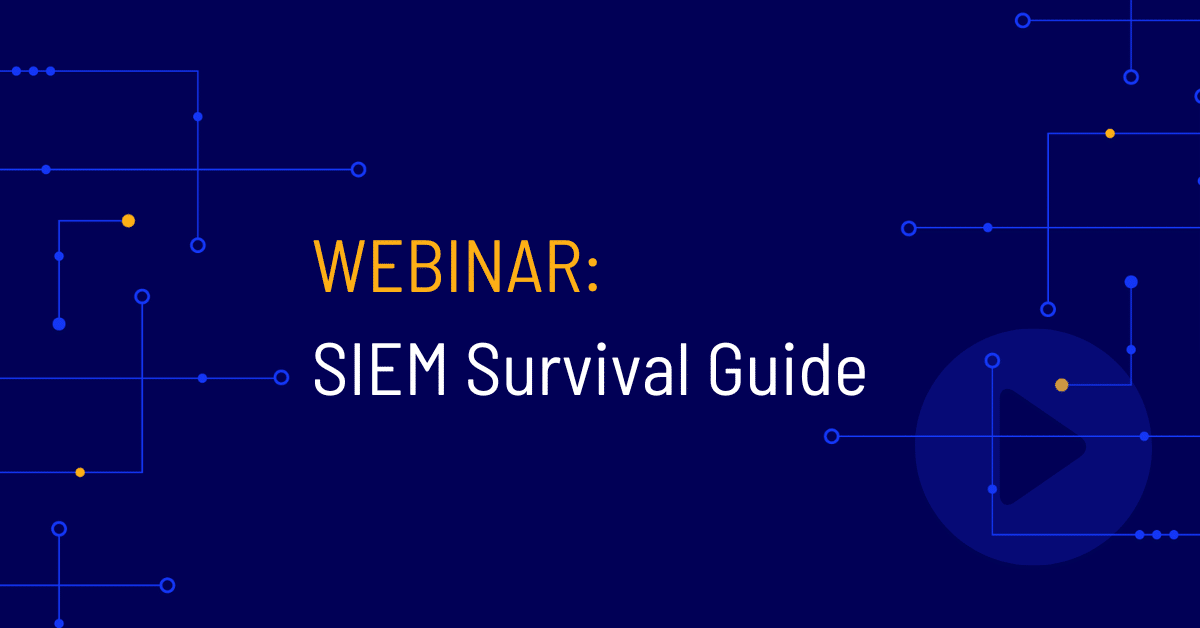Where firewalls stand as the barrier between corporate sanctuaries and emerging cyber threats, a different kind of threat weighs heavy: the mental health of your cybersecurity team. Cybersecurity professionals, the sentinels of our digital era, are besieged not only by malicious code but also by an unending wave of stress and mental fatigue. And the weight of constant vigilance, the pressure of imminent breaches, and the unyielding demands of their high-stakes environment are forging a silent crisis, one that threatens to compromise not just their well-being, but the very security they are trying to protect.
The Cyber Risk Stress Factor: A Silent Threat
Cybersecurity professionals face unique stressors that can significantly impact their effectiveness. The constant threat of breaches, long hours and the high stakes of their work environment often lead to burnout, anxiety and other mental health challenges. A 2023 study revealed that only 47% of cybersecurity professionals rate their mental health as “high,” while 27% report a decline in mental well-being due to job stress.
These challenges are more than personal; they directly impact organizational security. Mental fatigue increases the likelihood of human error, which remains one of the leading causes of security incidents. For instance, studies show that cybersecurity fatigue can reduce productivity by 18% and increase error rates significantly.
The Interplay Between Mental Health and Cybersecurity
To fully grasp the gravity of the situation, let’s look at how mental health and cybersecurity are interconnected:
Enhanced Vigilance and Alertness
Mental well-being ensures enhanced vigilance. Cybersecurity demands constant alertness to recognize subtle signs of potential breaches. However, prolonged stress can dull these senses, leading to critical oversights.
Decision-Making and Problem-Solving
Sound decision-making is essential in high-stakes environments like cybersecurity. Stress-induced cognitive overload can compromise decision-making capabilities, delaying responses or leading to inappropriate risk assessments.
Collaboration and Communication
A healthy mental state fosters better communication and collaboration—key elements in any robust cybersecurity strategy. Teams with strong mental health coordinate more efficiently and support each other in tackling complex threats.
4 Strategies to Prioritize Mental Health in Cybersecurity
Prioritizing mental health isn’t a luxury but a requisite for organizational security. Here are actionable strategies organizations can adopt.
1. Implement Flexible Work Environments
Providing flexible work options, such as remote work or flexible hours, can help reduce stress associated with rigid corporate environments. Flexible arrangements have been shown to improve employee satisfaction and productivity. Onspring’s no-code platform supports such flexibility by enabling professionals to manage and automate processes remotely without compromising efficiency.
2. Encourage Regular Mental Health Breaks
Incorporate scheduled mental health breaks within the workday. Research indicates that short breaks improve focus and reduce burnout by up to 20%.
3. Provide Mental Health Resources
Organizations should offer resources like counseling services and stress management programs. Open discussions about mental health can reduce stigma and encourage employees to seek help when needed.
4. Promote a Culture of Support
Cultivate a supportive culture where seeking help is normalized. Leaders can set the tone by sharing their own experiences and demonstrating empathy toward team members’ challenges.

Leveraging Technology for Mental Health
Innovative technology plays a dual role in enhancing both GRC operations, which includes managing all forms of risk and compliance, and employee well-being. Automation tools can simplify communications and workflows by automating repetitive tasks, reducing cognitive load on employees. This allows cybersecurity professionals to focus on strategic initiatives rather than mundane processes, positively impacting their mental health.
For example, organizations adopting streamlined security protocols have reported up to 25% fewer errors caused by cognitive overload. Simplifying processes not only improves efficiency but also fosters a healthier work environment.
Why Mental Health Matters for Organizational Security
The link between mental health and cybersecurity is clear: healthy employees make better decisions, collaborate more effectively, and maintain higher levels of vigilance against threats. Organizations that prioritize mental well-being are investing in their most critical asset—their people.
By addressing the silent threat of stress and burnout through flexible work policies, mental health resources, and supportive cultures, companies can build a resilient “human firewall.” As cyber threats continue to evolve, it’s time for businesses to recognize that protecting their employees’ minds is just as important as securing their networks.
For further reading on combating burnout in high-stakes industries like cybersecurity, check out ISACA’s report on mental health challenges faced by professionals, or explore actionable strategies for reducing cybersecurity fatigue in this recent study.



